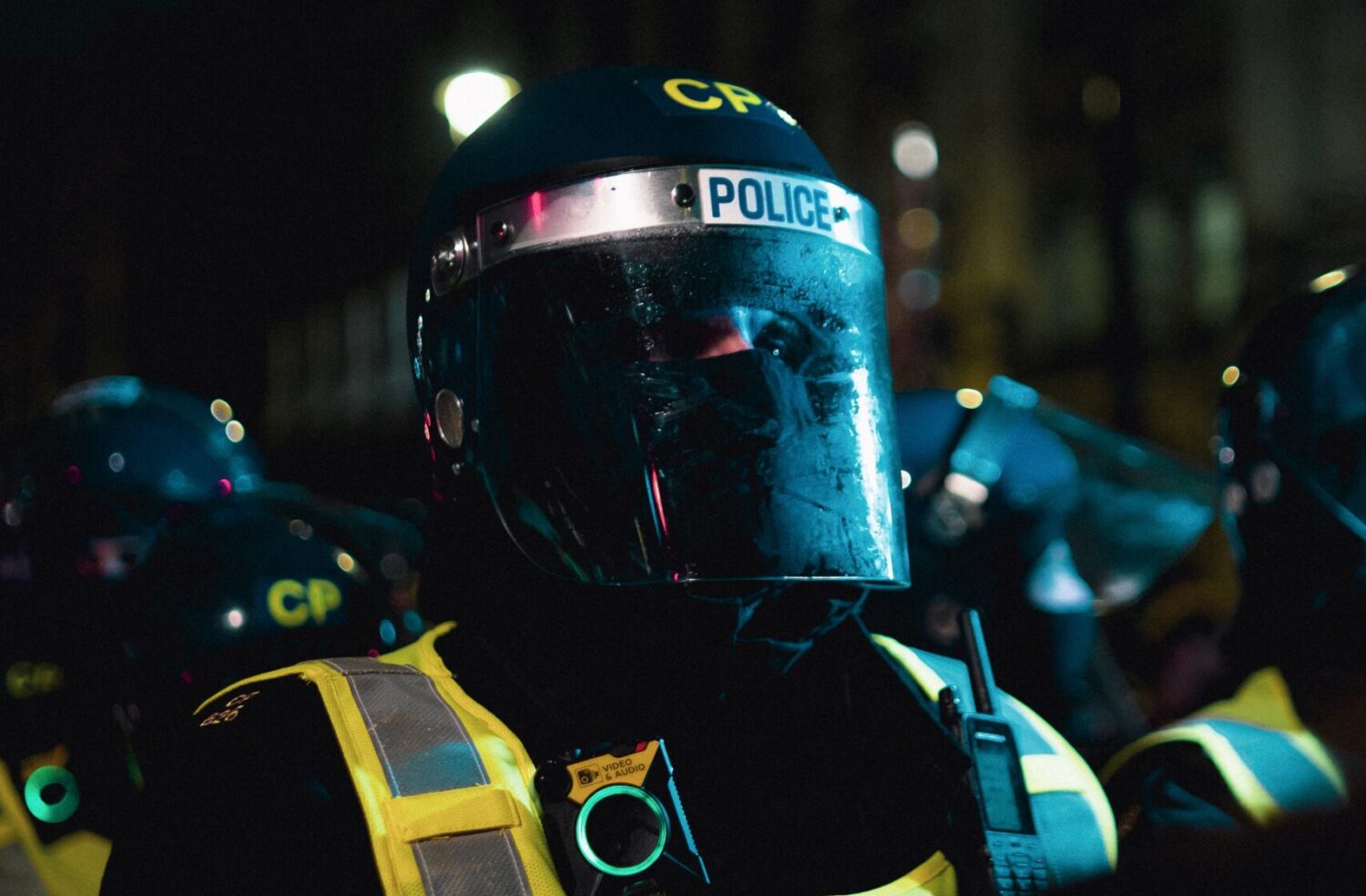Back to basics
A new royal commission could get to the heart of the UK’s policing problems, writes Unmesh Desai
Policing in the UK is in a state of crisis. Polling across the country – but particularly in London – shows that there has been a collapse of trust and confidence in the police’s ability to solve crime and protect the communities they serve. These issues strike at the heart of the principle of policing by consent. The Casey report and more recently the investigation into the Stephen Port murders have exposed these failures in particularly bleak fashion, providing demonstrable proof of the poor standard of service the Met is providing to Londoners, particularly to those from marginalised communities.
So what is going wrong? In part, the problem is that police forces across the country have been asked to do more with less, to police an ever more complex society without sufficient training and to perform the role of social worker as well as police officer. It should be a priority for a future Labour government to work with the police and other statutory partners to identify mission creep, establishing what needs to be done by the police and what functions should be assigned elsewhere to improve outcomes for both the police service and the public.
The problems we see in policing are reflective of issues with other organisations and with the British criminal justice system more widely. As such, we need to look holistically: we need to scrutinise how policing interacts with the probation service, the prison service, the CPS, and even the NHS. The struggles of these other services have a knock-on effect on policing.
Notwithstanding these structural issues, in London, it is obvious that the Met needs fundamental and total reform. For too long Londoners have experienced an unacceptable level of service while also seeing reports of truly horrifying criminality and misconduct perpetrated by serving Met officers such as Wayne Couzens and David Carrick. It is no wonder that trust has collapsed as it has.
I was shocked at the depth of the issues highlighted in the Casey Review, but sadly those who have worked around policing for some time know that these issues are not new. There is a culture of institutional misogyny and racism at the Met and there are too many officers who can not get the basics right. There is also an epidemic of straightforward incompetence, from the non-recording of crimes to rape kits perishing because the fridge they are in is turned off. Such failures have consequences. Each instance means someone is denied justice and it further erodes trust and confidence in the police.
We need to look at the basic cornerstones of recruitment, retention, training, operational practices, and community engagement, and how policing with consent can underpin all of these. This is not new thinking, but doing it correctly and well is the issue. Some of the steps the new Met commissioner has taken have been positive, but his time as will be judged on whether he can get vetting right, whether he can improve outcome rates, especially with regard to sexual offences, and whether he can change the culture of the Met top to bottom. I sincerely hope he succeeds.
In his first appearance before the police and crime committee at the London Assembly, the commissioner spoke of “leading a renewal of policing by consent”. This stuck with me, not only because it is an ambitious and commendable goal, but because it made me reflect about what policing by consent means in the modern era.
How well equipped is a force that was established 200 years ago, primarily to police public disorder, to deal with the complexities of the modern world? Of course, policing has moved on in that time, but when one considers the outcome rates for fraud or sexual offences, it begs the question of whether our police force as currently constituted is able to get a grip on the kind of crimes that are increasingly impacting our lives.
Consequently, I am calling for a royal commission on policing – the first since 1963. Sixty years on, the commission should reassess what policing by consent means in the modern era, looking at various policing and criminal justice issues in a holistic context, and addressing the fundamental, structural, and institutional questions that face modern policing in Britain. For example: should the Met be made a force for London only, with the national and international functions being given to a national body? Are 43 police forces too many? Should the City of London police be a specialist fraud service?
No option should be off the table when the singular goal is to restore trust and confidence in the police. Without that, our model of policing will continue to fall apart.
Image credit: Chuko Cribb via Unsplash

